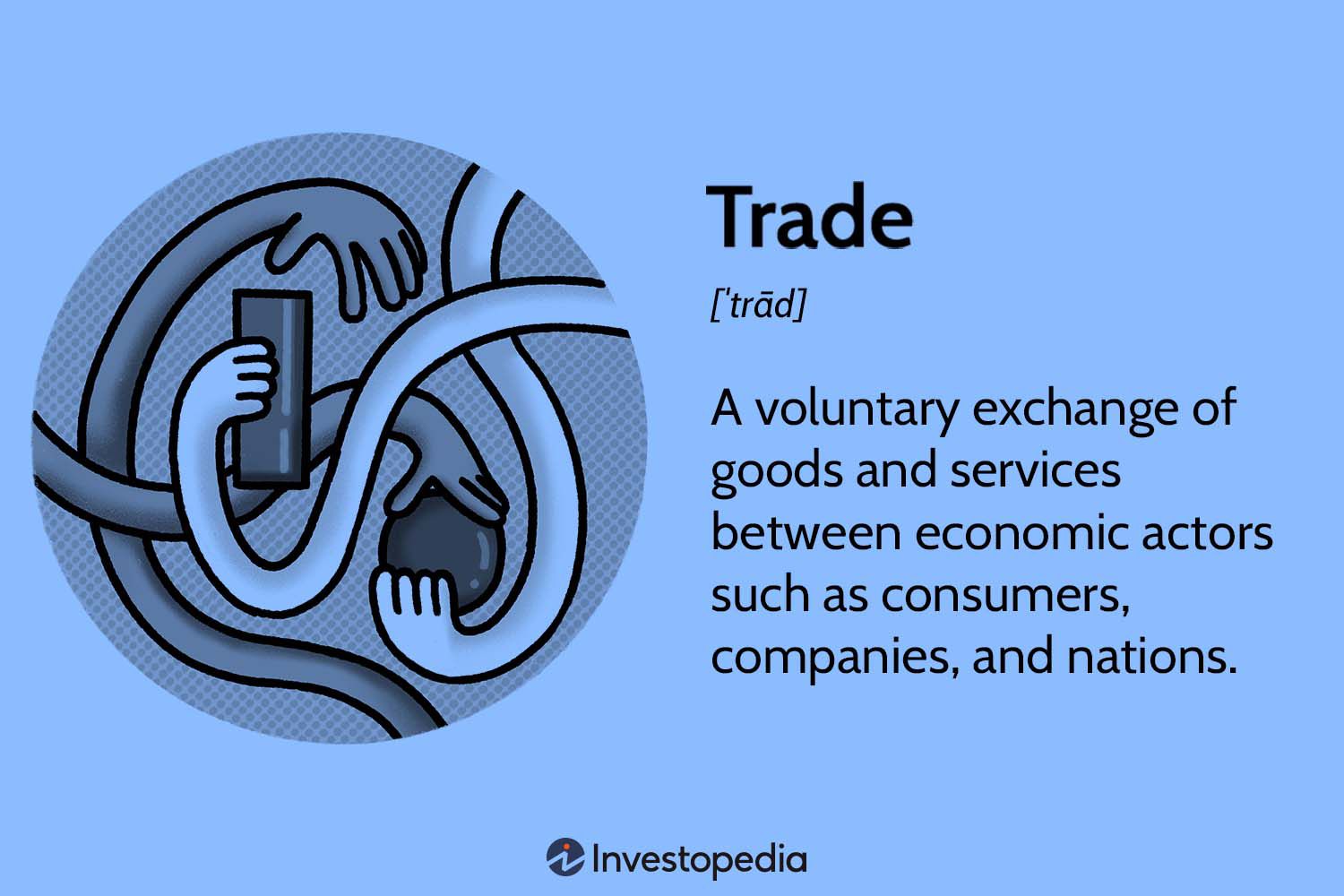The Benefits of Trade: Exploring the Advantages
In today’s interconnected world, trade plays a crucial role in global economic growth and development. It enables countries to exchange goods, services, and ideas, fostering cooperation and enhancing overall prosperity. In this article, we will delve into the numerous benefits of trade, highlighting its positive impact on economies, businesses, and individuals alike.
Enhanced Economic Growth
Trade catalyzes economic growth by allowing nations to specialize in producing goods and services in which they have a comparative advantage. This specialization leads to increased efficiency and productivity, resulting in higher output and economic prosperity. By engaging in trade, countries can access a wider market for their products, stimulating demand and driving economic expansion.
Job Creation and Increased Employment
Trade has the power to generate employment opportunities and reduce unemployment rates. When countries engage in trade, it opens up new markets for their goods and services, creating a demand that requires a larger workforce. As businesses expand to meet this demand, more job opportunities are created, leading to increased employment levels and improved living standards.
Access to a Variety of Goods and Services
One of the most apparent benefits of trade is the ability to access a wide range of goods and services from around the world. Through trade, consumers have access to products that may not be available domestically, allowing them to enjoy a diverse array of choices. This variety enhances consumer welfare and satisfaction, as individuals can select products that best meet their needs and preferences.
Lower Prices and Cost Savings
Trade promotes competition, which in turn leads to lower prices for consumers. When multiple suppliers enter a market, they compete with each other to attract customers, resulting in reduced prices. Additionally, trade allows countries to import goods and services at a lower cost than producing them domestically. This cost advantage translates into savings for businesses and consumers, enabling them to allocate resources more efficiently and enjoy a higher standard of living.
Technological Advancements and Innovation
Trade facilitates the exchange of ideas, knowledge, and technology between nations. When countries engage in trade, they not only exchange goods and services but also share expertise and innovative practices. This cross-pollination of ideas fosters technological advancements and drives innovation, benefiting industries and societies at large. Trade acts as a conduit for the transfer of knowledge, enabling countries to learn from each other’s successes and failures.
Improved Standards of Living
Trade has a direct impact on improving the standards of living for individuals and communities. By accessing a wider range of goods and services at competitive prices, people can enhance their quality of life. Trade enables individuals to afford better healthcare, education, and essential goods, leading to improved well-being and overall happiness.
Positive Social and Cultural Exchanges
Trade fosters social and cultural exchanges between nations, promoting mutual understanding and appreciation. When countries engage in trade, they establish relationships that go beyond economic transactions. These relationships facilitate the exchange of ideas, values, and traditions, promoting cultural diversity and enriching societies. Trade acts as a bridge, connecting people from different backgrounds and fostering global harmony.

Trade offers a multitude of benefits that contribute to the growth and development of economies, businesses, and individuals. From enhancing economic growth and creating employment opportunities to providing access to a variety of goods and services, trade plays a vital role in shaping our interconnected world. By recognizing and embracing the advantages of trade, nations can foster collaboration, innovation, and prosperity for the betterment of all.
Frequently Asked Questions – Benefits of Trade
1. What are the benefits of international trade?
The benefits of international trade include increased economic growth, job creation, access to a wider variety of goods and services, and the potential for lower prices.
2. How does trade contribute to economic growth?
Trade contributes to economic growth by allowing countries to specialize in producing goods and services they have a comparative advantage, which leads to increased efficiency and productivity.
3. Can trade lead to job creation?
Yes, trade can lead to job creation as it opens up new markets for domestic industries, boosts exports, and stimulates economic activity, which in turn creates employment opportunities.
4. What is the significance of trade for consumers?
Trade benefits consumers by providing access to a wider range of products at competitive prices, promoting innovation and quality improvements, and enhancing consumer choices and standards of living.
5. Does trade help in reducing poverty?
Trade can help reduce poverty by generating income, creating employment opportunities, and facilitating the transfer of knowledge and technology, which can lead to overall economic development.
6. Are there environmental benefits associated with trade?
Yes, trade can have environmental benefits as it encourages countries to specialize in industries where they have lower environmental impact, promotes sustainable practices, and facilitates the adoption of cleaner technologies.
7. How does trade foster cultural exchange?
Trade fosters cultural exchange by facilitating the movement of people, goods, and ideas between countries, promoting cultural diversity, and encouraging understanding and appreciation of different cultures.
8. Can trade promote peace and stability?
Trade can promote peace and stability by creating interdependence between nations, encouraging diplomatic relations and cooperation, and providing economic incentives for peaceful resolutions to conflicts.
9. What are the benefits of trade agreements?
Trade agreements provide benefits such as reduced trade barriers, increased market access, enhanced regulatory cooperation, and legal frameworks that promote fair and predictable trade, benefiting businesses and consumers alike.
10. How does trade contribute to technological advancements?
Trade contributes to technological advancements by facilitating the exchange of ideas, knowledge, and technology between countries, encouraging innovation, and driving research and development activities.




